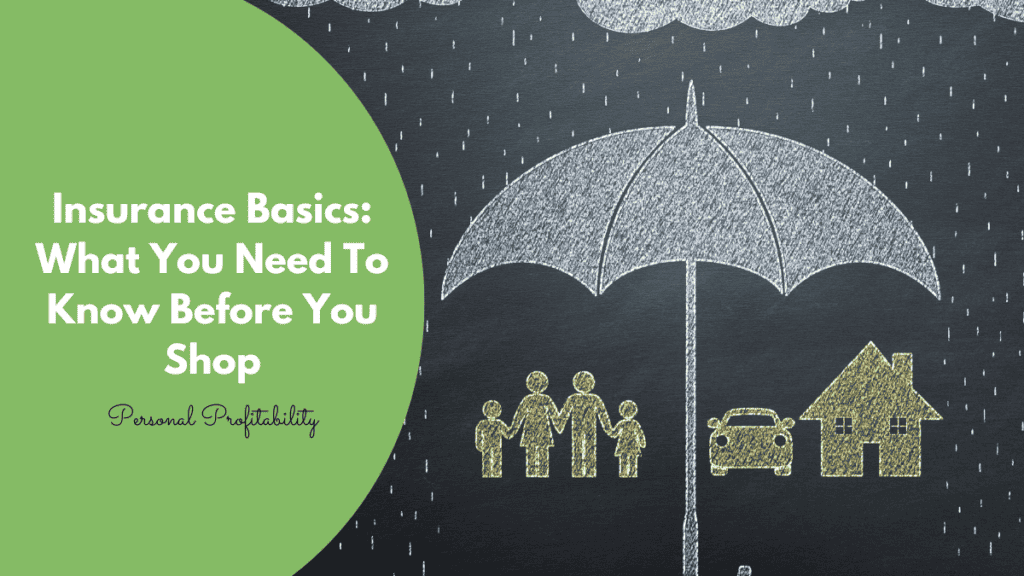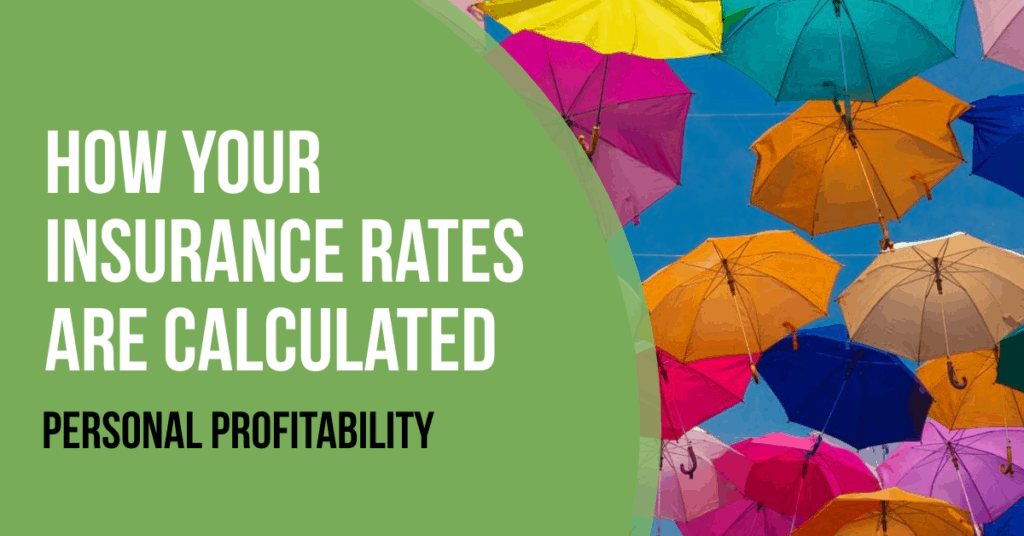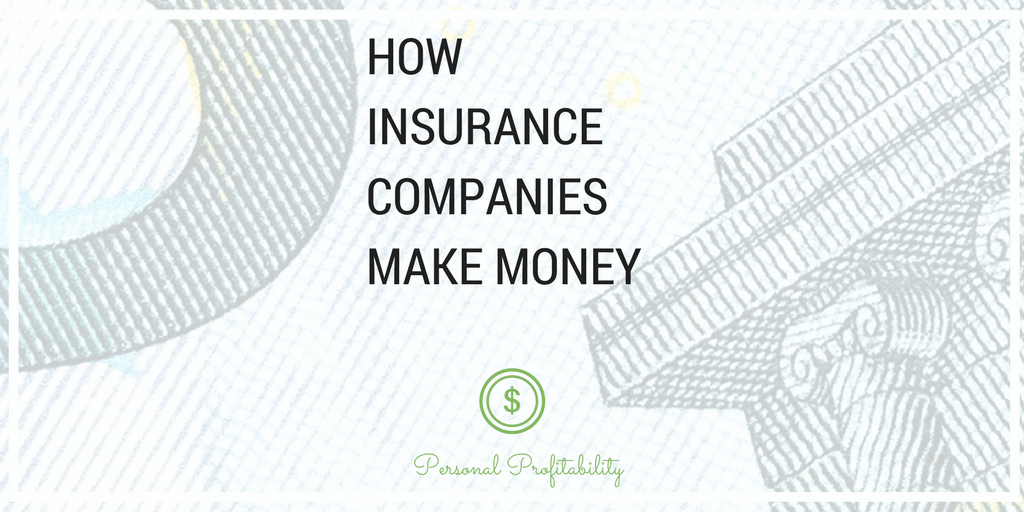Insurance Basics: What You Need To Know Before You Shop
Insurance is a complex topic, but it is critical to safeguarding your financial health. Here’s what to know before you start shopping for coverage.
Insurance Basics: What You Need To Know Before You Shop Read More »






